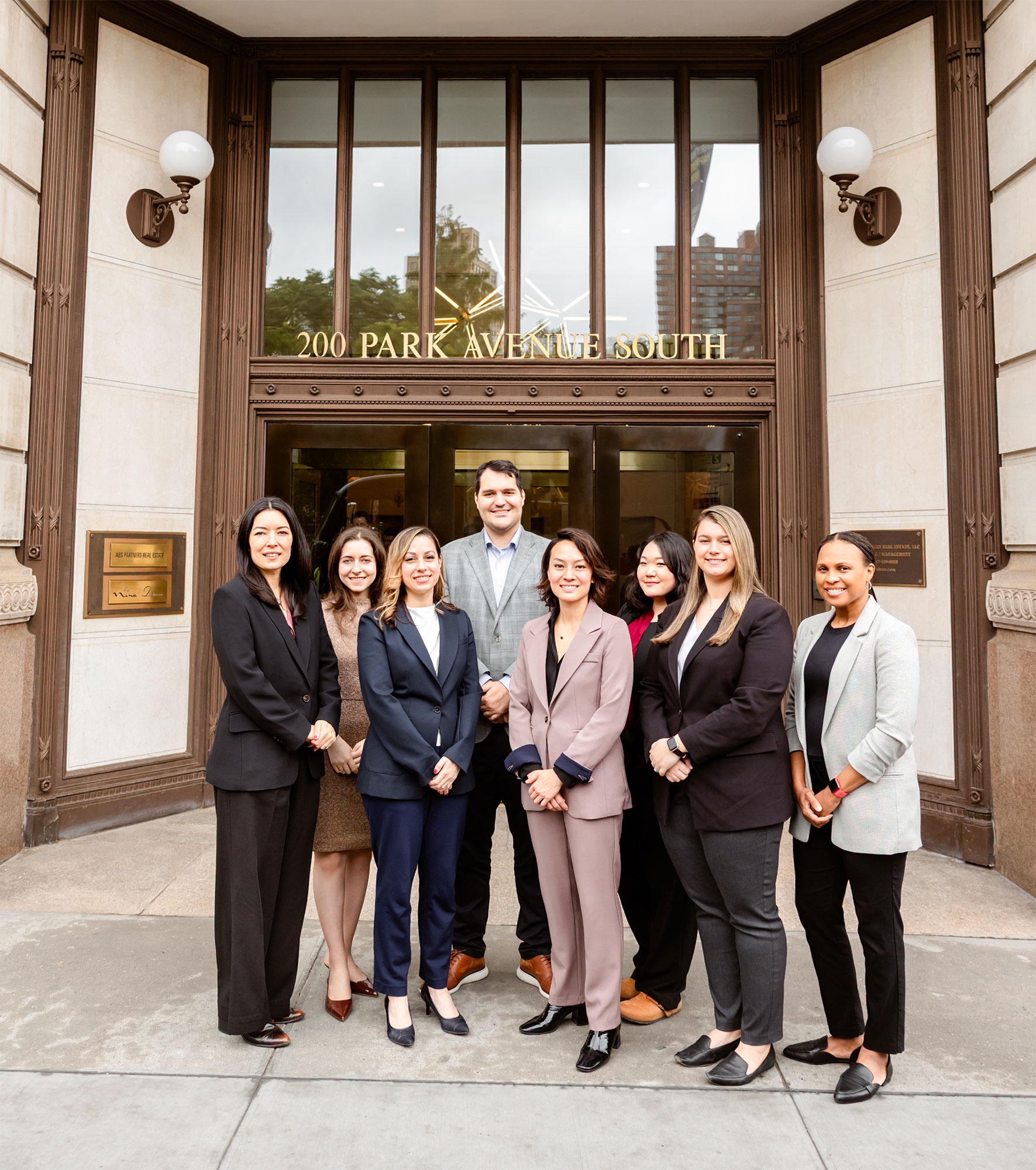By Jean L. Chou, Esq.
Buying that first home seems much more feasible as interest rates remain low, but before you jump the gun, here are 8 tips to know before you buy.
TIP # 1: Find a Good Real Estate Broker
Buyers’ brokers are your agents and obligated to maintain your best interests in mind, but if buying sans broker, make sure you’re asking the seller questions. In a home resale, the transfer taxes are paid by the seller; however, in the purchase of a new construction unit, the sponsor often passes the transfer taxes onto the buyer in addition to other legal and development fees, which can add up to several thousands of dollars. A good broker will try to negotiate some, if not all, of these fees.
TIP # 2: Check Comparable Sales Prices
Research your area’s recent sales or check out online property search engines such as Trulia or PropertyShark. Though your broker should have an idea of market comparables, these sites are user-friendly and will show how your property compares in price with similar sales and/or offering prices. For a more objective stance, I recommend analyzing the price per square foot, location and building condition. Keep in mind that a “good” price is really a creature of how much you want it and how much the seller desires to sell it, but knowing what your neighbors pay can be advantageous.
TIP # 3: Hire an Experienced Real Estate Lawyer
Sellers have “boilerplate” or default purchase contracts that need to be negotiated and if you don’t have a good real estate attorney protecting your interests, these contracts are often drafted in the seller’s favor. Your lawyer should explain to you the entire buying process. Take advantage and ask as many questions as possible. The purchase contract governs all the “we-hope-this-doesn’t-happen” scenarios between the date you sign and pay your deposit and the actual closing date for the transaction. This means that all the legalese in those contracts govern when you can back out of the deal, when you lose your down payment, when you get it back, et cetera, et cetera. A good attorney is invaluable in the process.
TIP # 4: Complete a Home Inspection
Most resale properties are sold “AS IS,” meaning what you see is what you get, so it’s best to test the appliances, lights, heating and air units, etc. This goes for new constructions as well. There are home inspection professionals for hire and for a few hundred dollars, you can save yourself a lot of trouble down the road should a major repair be needed. The extent of the inspection varies depending upon the depth of inspection and amount you spend (ie: asbestos, lead paint, electric, water, etc.). Though inspections are not always necessary, inquiries as to the property’s susceptibility to flooding are recommended.
TIP # 5: Work with Your Lender
With more stringent lending regulations since the mortgage crackdown, banks are asking borrowers more questions and requiring more documentation. Ensure you disclose everything related to your financing requirements to your mortgage broker. You will likely obtain a pre-approval for the mortgage amount sought at the beginning of the process, but the real work doesn’t come into play until you submit a loan application. I generally advise buyers to expect a 30-60 day turnaround period from the date you apply for the loan to the date you are “cleared to close” by the bank. This time period can be shorter or longer depending upon the lender’s underwriting requirements and how quickly you furnish requested documentation.
TIP # 6: Prepare for Delays
No one can foresee the future, so “back up” plans are key to hedging against future risks. Your attorney can contract in an anticipated closing date, but this may change depending upon how smoothly (or not) the process goes. If you are currently renting, note your lease termination date and how amenable your landlord is on extending that date, if needed. Prepare for alternative housing arrangements in case the deal falls through. If you close before your lease ends, most landlords won’t allow you to break your lease, so you may need to set up sublet possibilities, if permitted, or just take a loss. Again, any losses can be mitigated if you plan appropriately, but preparation is key.
TIP # 7: Maintain Adequate Funds
If you are financing your purchase, the bank will likely handle this tip for you, but make sure you have enough cash to close. We provide our clients with estimated closing costs before signing the purchase contracts, but always note that these costs may change. You may be liable for transfer taxes, mortgage recording taxes, title fees, insurance and other bank fees that you were not initially aware of and these fees are often several thousands of dollars. It’s not unusual for closing costs to range from $5,000 to $30,000 in excess of the purchase price, especially if you’re buying a new construction and paying transfer taxes.
TIP # 8: Know the Taxes Involved
In New York City, if you are financing your purchase you will pay a mortgage recording tax (unless you’re purchasing a coop) and if you’re paying for transfer taxes on new constructions, you will also pay New York State and New York City taxes. They vary a bit depending upon whether you are buying a home or a condo/coop, but are hefty amounts nonetheless. The New York taxing websites provide additional details, but I’ve provided a summary of the taxes involved in condo, coop and townhouse purchases. Note that “consideration” is the purchase price PLUS any transfer taxes paid by purchaser, so if you’re on that $500,000 or $1,000,000 cusp and paying transfer taxes, it’s beneficial to try to negotiate a final price below $500,000 or $1,000,000; otherwise you’ll be taxed at a higher rate.
Armed with these 8 tips and knowing what to expect will make your first home purchase much more smooth.


